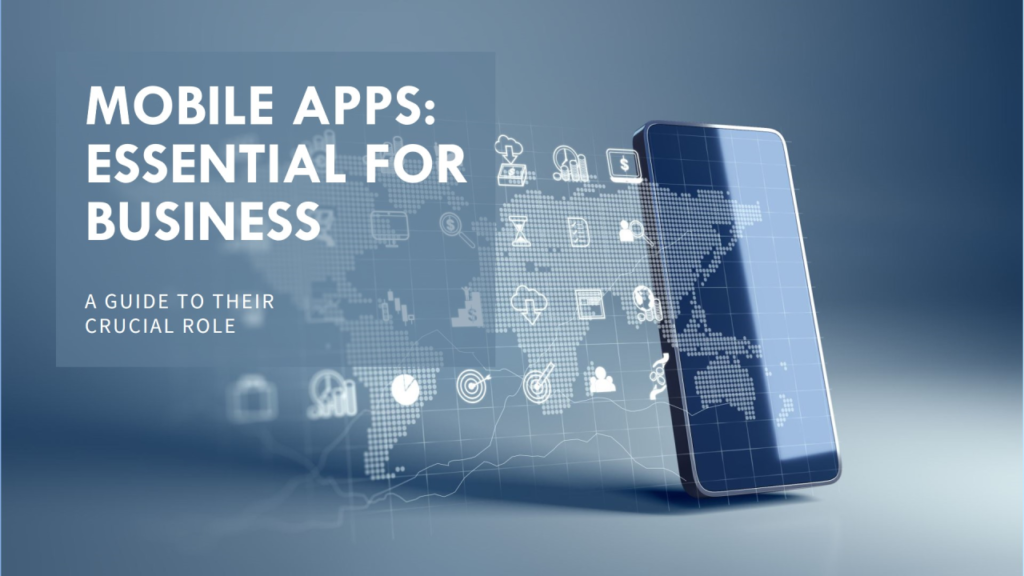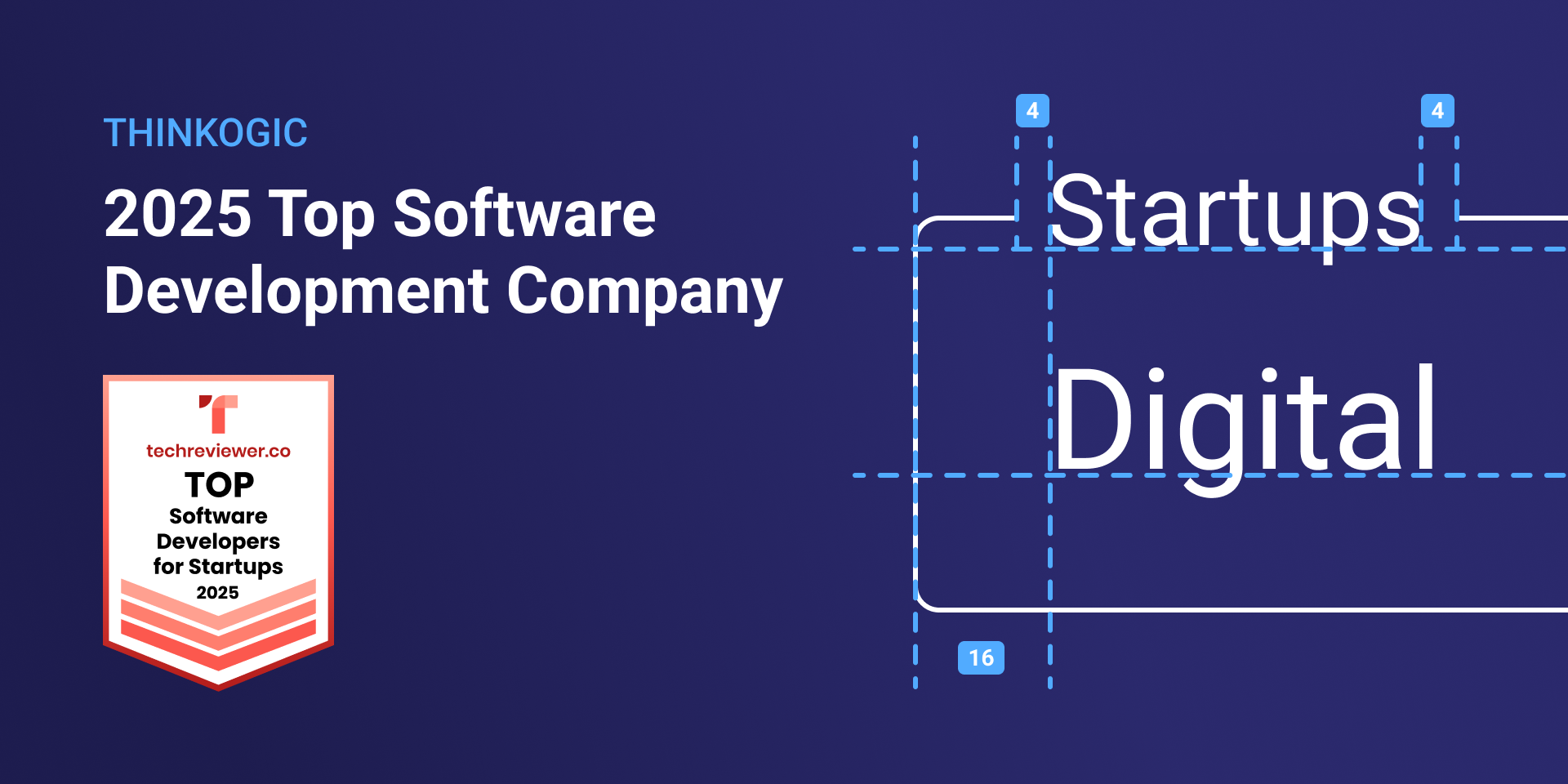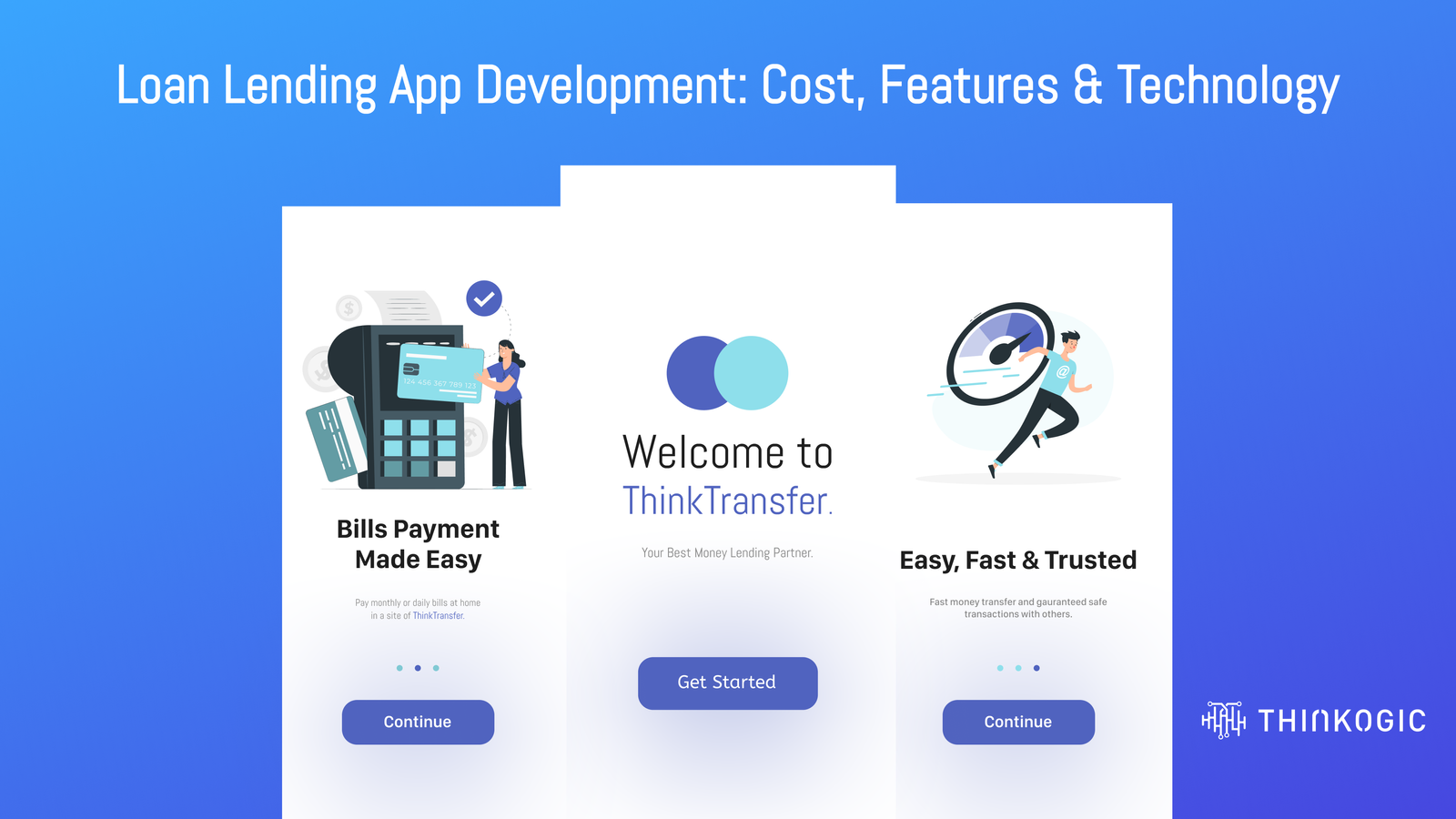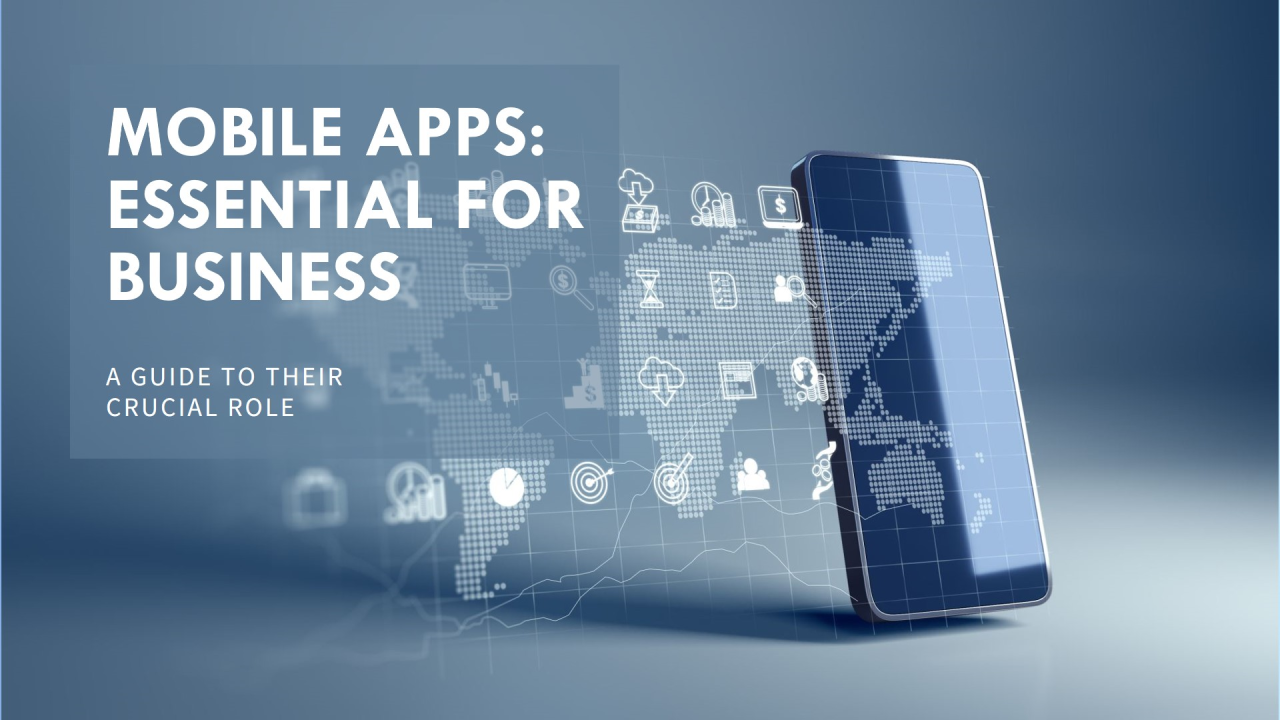- Home
- Mobile Application
- What is Mobile Application Development?
What is Mobile Application Development?

- 10 min read


Definition
Mobile Application Development is the multidimensional process of thinking, developing, coding, testing, and delivering software applications particularly designed for mobile devices such as smartphones, tablets, and wearables. These applications, often known as “apps,” are designed to function on mobile operating systems such as iOS for Apple smartphones and Android for various devices including Samsung, Google, and Huawei.
The development process entails more than just writing code; it also includes planning the overall user experience, determining core functionality, designing intuitive interfaces, and ensuring that the app runs smoothly across multiple devices with different screen sizes, hardware configurations, and operating system versions.
To learn more about the specifics of mobile application development on either platform, read our articles on iOS app development and Android app development.
Importance and Growth of Mobile Devices
Mobile devices have grown exponentially, becoming an essential component of daily life worldwide. According to industry estimates, billions of people use mobile devices every day, and the number is expected to rise as mobile technology progresses. The growing usage of mobile devices has resulted in a huge growth in demand for mobile applications that meet a variety of demands.
Mobile Apps: A Key Element in Modern Life
Mobile applications have evolved from basic tools to sophisticated systems with a broad range of features, including communication tools such as messaging apps and social networks, as well as intricate corporate processes and productivity solutions. In today’s fast-paced world, mobile applications are used for a variety of purposes, including news reading, financial management, online shopping, and smart home device control.
Mobile applications are essential not just for individual users, but also for businesses, allowing them to communicate with consumers, streamline processes, and open up new channels for interaction. Apps play an important part in several areas, including healthcare (telemedicine, health monitoring), education (e-learning platforms), finance (mobile banking, digital payments), and entertainment (streaming services, gaming).
Mobile applications’ popularity and relevance stem from their ability to provide a convenient, user-friendly experience. They are designed for mobile use, offer quick access to services, and frequently make use of device capabilities like cameras, GPS, and sensors to improve operation.
Here are some statistics on mobile app usage in 2024:
Revenue: Mobile apps are expected to generate over $910 billion in revenue in 2024.
App downloads: The Google Play Store has 2.3 million apps available for download, while the Apple App Store has 2 million.
App usage: The average smartphone user uses 7 apps per day and 25 apps per month.
App usage time: The average person spends about 2 hours and 51 minutes per day on mobile apps.
App usage by generation: Gen-Z users spend an average of 8.1 hours per month on non-gaming mobile apps.
App usage by category: There is a growing preference for social media, communication, and gaming.
App usage by payment: 49% of global transactions are made through digital and wallet payments.
App usage by purchase method: 70% of purchases are made through a mobile app rather than a mobile website.
App retention: 22.6% of Android apps are retained one day after download, 6.5% are retained seven days after download, and 2.6% are retained 30 days after download.
App uninstallation: 56% of mobile apps get uninstalled in 7 days.
Mobile App Development Platforms
Mobile applications are typically developed for two main platforms:
- iOS App Development: Apps developed for Apple devices such as iPhone, iPad, and Apple Watch. The iOS platform uses Swift and Objective-C programming languages, along with Apple’s Xcode as the main integrated development environment (IDE).
- Android App Development: Apps developed for devices using Google’s Android operating system, including smartphones, tablets, and other smart devices. Android app development typically employs Java or Kotlin programming languages and is done using Android Studio as the IDE.
Additionally, Cross-Platform development allows developers to create applications that work on both iOS and Android, using frameworks like React Native, Flutter, and Xamarin, reducing the need to write separate codebases for each platform.
Types of Mobile Application Development:
Mobile applications can be categorized based on their architecture and interaction with devices:
- Native Apps: Developed for a specific platform using its native programming languages (Swift for iOS, Kotlin for Android). Native apps provide the best performance, speed, and access to device-specific features but require separate codebases for different platforms.
- Hybrid Apps: Built using web technologies like HTML, CSS, and JavaScript, but wrapped in native containers that allow them to run on both iOS and Android. Frameworks such as Apache Cordova and Ionic are used to develop hybrid apps, which combine web and native app features.
- Web Apps: Mobile-optimized websites that act like native applications but run on a mobile browser. While they can offer a similar user experience to native apps, they lack access to device-specific features like GPS and cameras.
- Progressive Web Apps (PWAs): An advanced form of web apps that leverage modern web capabilities to deliver a native-like user experience, offering offline access, push notifications, and faster load times.
Thinkogic Named Among Top Software Development Companies for Startups in 2025 by Techreviewer.co
We are excited to share that Thinkogic has been named one of the top software developers for startups in 2025 by Techreviewer.co.
Loan Lending App Development: Cost, Features & Technology
Loan applications provide users with a convenient and effective method to use various goods or services. It has also expedited the
In-House vs. Outsource Software Development: Which is Best for Your Business?
Are you looking for a software development team? Amazing. But which alternative will you select: in-house or outsourced software d
The True Cost of Data Breaches and How Thinkogic Can Safeguard Your Business
In today’s hyperconnected digital world, the risk of data breaches has never been higher. Organizations of all sizes and across
A Complete Guide on the Essential Role of AI in Business
In today’s ever-changing business landscape, technological integration is no longer a choice but a strategic imperative. One
What is Mobile Application Development?
Definition Mobile Application Development is the multidimensional process of thinking, developing, coding, testing, and delivering
A Complete Ecommerce Website in Business
In today’s ever-changing business landscape, technological integration is no longer a choice but a strategic imperative. One
Generative AI in ChatGPT: Let Google do the searching for you
Lorem ipsum odor amet, consectetuer adipiscing elit. Odio class hendrerit himenaeos cursus bibendum aenean praesent dolor. Hac fac
A Complete Mobile Applications in Business
In today’s ever-changing business landscape, technological integration is no longer a choice but a strategic imperative. One
Comment policy: We love comments and appreciate the time that readers spend to share ideas and give feedback. However, all comments are manually moderated and those deemed to be spam or solely promotional will be deleted.







